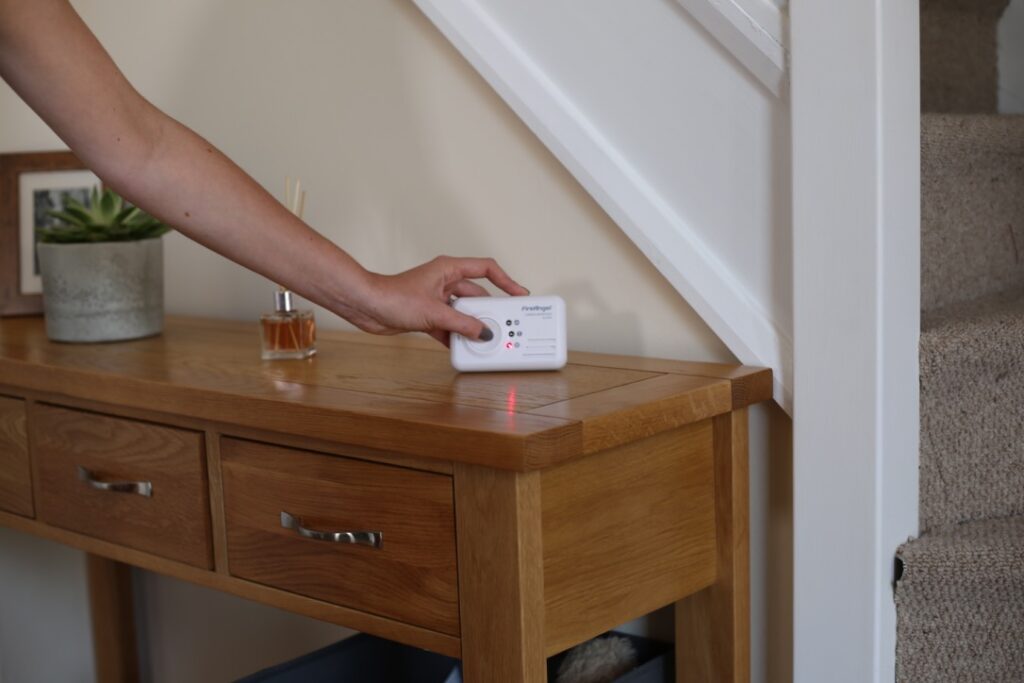Campaigners fear a carbon monoxide poisoning ‘time-bomb’ in Wales

Campaign group Project SHOUT, a national campaign to raise awareness of the dangers of carbon monoxide (CO) poisoning, is warning of a potential carbon monoxide poisoning time-bomb as we head into the winter. The group fears that many people will have delayed servicing their gas appliances such as boilers and gas fires during the coronavirus pandemic as many were frightened of letting other people, even engineers, into their homes or that cash-stretched families put it off as they simply couldn’t afford it.
Research conducted twice during the pandemic, once in April and again in June found that in the early parts of lockdown, 85% of installers working in the heating industry had no work at all or the level of work they had was severely impacted and even as lockdown started to ease in June, over one third of heating businesses reported that they were still severely impacted.
Wales was amongst the worst affected with 80% of heating companies reporting that their business had no work or was severely affected.
A qualified GAS SAFE registered engineer will check appliances thoroughly for carbon monoxide leaks during a routine service. Having gas appliances installed by a registered installer (which is a legal requirement anyway) and regular servicing are essential steps to protect residents from this odourless danger.
The dangers of carbon monoxide:
Approximately 50 people die each year from carbon monoxide poisoning and thousands more are treated in hospital.
Be aware that CO can enter your home from a neighbouring property. There have been instances where it has seeped through walls and killed people while they slept.
CO can poison you slowly if you’re subjected to low levels over a period of time. People often feel better when they leave the house and begin to feel worse again when returning home. It can also kill in minutes at high levels.
GP’s can misdiagnose CO poisoning, particularly as the weather turns colder and many people have colds or flu, as the symptoms are the same. Many patients are told to stay warm, stay indoors and keep the heating on, sending them straight back to the source of the poisoning.
The Symptoms
Common symptoms include dizziness, tiredness, headaches, nausea and generally feeling unwell. CO poisoning is often mistaken for something else such as a hangover, a common cold and the flu. The elderly and the very young are particularly vulnerable.
Further research by Project SHOUT has revealed that over one third (35%) of people wouldn’t recognise the symptoms of CO poisoning at all.
The research
The research, conducted with over 1200 businesses specialising in the heating and plumbing sector also found that 8 in 10 heating businesses reported customers were pausing or cancelling jobs in the early weeks of lockdown and even by July, 70% of heating businesses said there was a lack of consumer demand for their work with one company reporting over 50 regular boiler services being cancelled in one month alone.
Wales was significantly impacted, with 83% of heating businesses experiencing jobs being paused or cancelled completely.
In addition, public and private landlords faced challenges in conducting annual gas safety tests with official advice being that ‘landlords should assess the balance of the risk to the safety of the household and the public presented by the gas system, with the risk to tenants’ health from coronavirus’.
Reduced access to properties due to tenants self-isolating or being clinically vulnerable means it is inevitable that some devices went unchecked during lockdown and now beyond.
The campaign group fears we are potentially facing a perfect storm this winter. For many different reasons, homeowners haven’t had their boiler or other appliances serviced and carbon monoxide leaks have gone unchecked. And yet many of us are likely to spend more time than normal at home this winter, as we continue to stay away from the office or as further lockdown restrictions are put in place.
The only method of detecting carbon monoxide in your home is an alarm. Known as the silent killer, carbon monoxide kills around 50 people every year and can’t be seen, smelled or tasted. The advice from Project SHOUT is to get an alarm and have your appliances regularly serviced.




